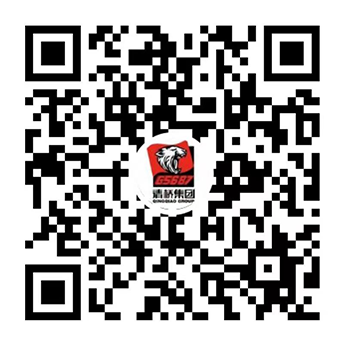


top
Freiburg, this ancient city nestled on the edge of the Black Forest, was once trapped in the dilemma of the automotive age like many European cities.In the mid-20th century, the number of cars per thousand people in Freiburg far exceeded the German average. The old town square was filled with private cars, and the roar of engines drowned out church bells. The narrow medieval streets were cut off by four lane roads, and residents hurriedly walked through the exhaust and noise,The urban space has been squeezed apart by the torrent of steel. This car based transportation model not only exacerbates energy consumption and air pollution, but also undermines the living temperature that cities should have——Children lose their freedom to play on the streets, neighborhood socialization is fragmented by speeding wheels, and the texture of historic urban areas gradually blurs in the expansion of parking lots.

While most cities around the world are still pursuing wider roads, FreiburgThe residents have already discovered the tearing trauma that blind development of transportation brings to the city,In 1969, the first "Transportation Master Plan" included "reducing urban traffic flow" in its charter. Planners did not roughly widen streets, but insteadplanThe urban structure mixes commercial, residential, and educational functions, making65% of residents' residences are located within 500 meters of bus stops, and spatial folding technology is used to compress the travel radius,Leaving ample room for renovation for the future of urban transportation.
In the 1970s, Freiburg began to reshape its transportation infrastructure. The tram system is entrusted with the mission of being the "backbone of the city", with five lines extending like veins to 28 urban areas. Bicycle lanes and tree lined walkways are built simultaneously on both sides of the track, forming a three-layer three-dimensional slow-moving corridor. In the 1980s, the bicycle revolution quietly emerged. Planners have hidden secrets in the colorful asphalt pavement - the red lane is dedicated to commuting, the blue lane connects scenic spots, the green lane runs through forests, and the 500 kilometer network is like a precision circuit board implanted into the city's body. In the 1990s,bornWobang CommunitysuchuseThe core concept is "no need for cars for living"Creating a new generation residential community,Cracking the dependence on private cars.Today's Freiburg is like a flowing medieval painting and a symphonic poem of modern ecological civilization——The daily traffic volume of bicycles has increased by 63% compared to the last century, and carbon emissions have been compressed to a quarter of the German average level,This one has only one per thousand peopleA city with 423 private cars (only 60% of the German average) has transformed slow traffic into the DNA of urban civilization through the Anning district with a speed limit of 30 kilometers per hour, the super pedestrian area transformed from a medieval square, and the tram system that coexists with tracks and lawns,Due to the popularization of green travel, every householdyearequaleconomize9000 eurosofTransportation expenses,Convert into investment in rooftop photovoltaic panels,Promote the popularization of green energy through feedback.
Looking towards the future, Freiburg's exploration is still evolving. Planners are experimenting with combining aquifer thermal storage technology with slow-moving systems to allow winter bike lanes to self heat and melt snow; The community cooperative is developing blockchain based shared travel points, and the carbon emissions generated by residents' cycling can be directly exchanged for local agricultural products; And those trams that pass through medieval city gates will soon be equipped with hydrogen fuel cell power systems, continuing to tell a new chapter about urban resilience while maintaining zero emissions.When struggling with how to balance traffic and pedestrian flow, Freiburg proved through practice that true freedom of travel comes from the restraint of speed and reverence for space. From the symbiosis of tracks and bicycles to the revival of pedestrian areas and markets, every detail tells a truth——The city is not a runway for machines, but a stage for life.
Laos:+856 2026 885 687 domestic:+0086-27-81305687-0 Consultation hotline:400-6689-651
E-mail:qingqiaoint@163.com / qingqiaog5687@gmail.com
Copyright: Qingqiao International Security Group 备案号:鄂ICP备2021010908号

